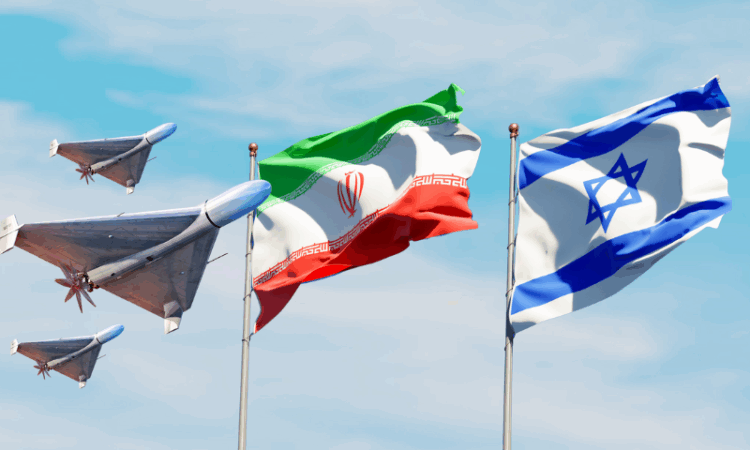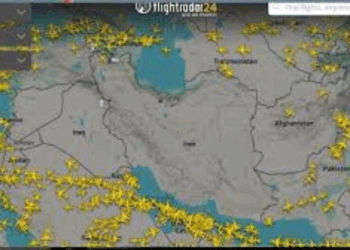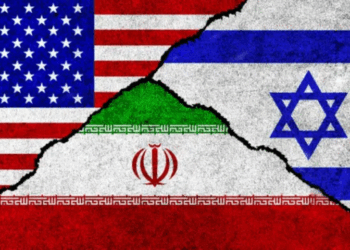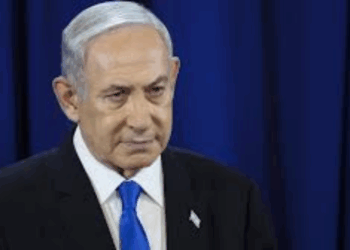Washington/Brussels, June 12, 2025: Israel appears to be on the brink of launching a military strike against Iran, U.S. and European officials have warned, raising fears of a wider conflict in the Middle East and jeopardizing ongoing U.S. diplomatic efforts aimed at curbing Iran’s nuclear ambitions.
Concerns about an imminent Israeli assault and potential Iranian retaliation prompted the United States to begin withdrawing diplomatic staff from Iraq on Wednesday. The State Department also authorized the voluntary departure of U.S. military families from key locations in the Middle East.
While the exact scope of any Israeli operation remains uncertain, the build-up follows months of pressure from Israeli Prime Minister Benjamin Netanyahu on President Donald Trump to capitalize on what Israel views as a window of opportunity to act against Iran’s nuclear program.
President Trump had previously resisted Israeli calls for a strike, hoping instead to broker a new agreement with Tehran. However, optimism for a diplomatic breakthrough has waned after Iran’s supreme leader rejected a recent U.S. proposal aimed at dismantling Iran’s uranium enrichment capabilities. Trump recently admitted he is “less confident” about reaching a deal.
On Wednesday, as news of U.S. evacuations spread, the U.K.’s maritime security agency issued a warning to commercial shipping in the Persian Gulf, the Gulf of Oman, and the Strait of Hormuz, urging heightened vigilance amid “escalating regional tensions.”
Iran, anticipating an Israeli move, has reportedly developed a retaliatory plan involving a barrage of ballistic missiles aimed at Israeli targets. In October 2024, a large-scale Iranian missile attack linked to the Gaza conflict was largely thwarted with the help of U.S. defense systems, but Tehran claims it is now better prepared.
Iranian Defense Minister Gen. Aziz Nasirzadeh escalated tensions further by warning that a broader conflict would force the U.S. military to withdraw from the region. “All U.S. bases are within range,” he said, threatening immediate strikes on American military installations hosted by regional allies.
Complicating the landscape, General Michael E. Kurilla, head of U.S. Central Command, confirmed during congressional testimony that a range of military options had been presented to President Trump. His scheduled testimony before the Senate was abruptly postponed, raising further speculation about impending developments.
Meanwhile, the International Atomic Energy Agency’s board of governors is meeting in Vienna, where the U.S., U.K., France, and Germany have submitted a resolution censuring Iran for accelerating its nuclear activities in violation of the 2015 nuclear accord. A vote is expected Thursday, potentially triggering the restoration of U.N. sanctions under the “snapback” mechanism.
Iran has vowed to respond strongly to any formal rebuke. “Censure will compel Iran to react STRONGLY,” warned Foreign Minister Abbas Araghchi on social media.
Back in Washington, President Trump remained cryptic when asked about the drawdown of U.S. personnel, stating only, “Well, you’re going to have to figure that one out yourself.”
Diplomatic sources confirmed that American and Iranian negotiators still plan to meet in Oman this weekend, though both sides remain far apart. Trump envoy Steve Witkoff is expected to attend.
Oil markets reacted swiftly to the rising tensions, with U.S. crude prices spiking above $68 per barrel, their highest since April. Analysts warned that a military conflict or enhanced sanctions could significantly disrupt global energy supplies.
The U.S. Navy’s aircraft carrier USS Carl Vinson, currently stationed in the Arabian Sea, remains on high alert. It carries over 60 advanced warplanes, including F-35 stealth fighters. While no repositioning orders have been given, military officials acknowledged the volatile situation could change rapidly.
Israel, emboldened by recent successful campaigns against Iranian proxies Hezbollah and Hamas, is said to believe the moment is ripe to strike. Still, analysts caution that Iran has been reinforcing its air defenses, and without direct U.S. support, the effectiveness of any Israeli operation may be limited.
The coming days are likely to be pivotal in determining whether diplomacy or conflict will prevail.








